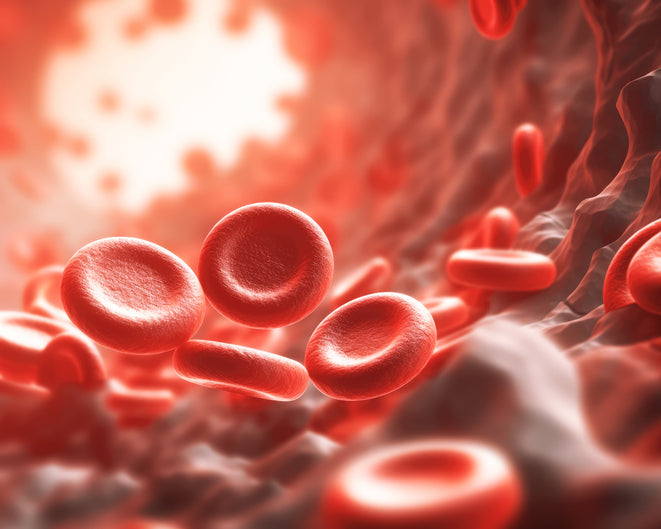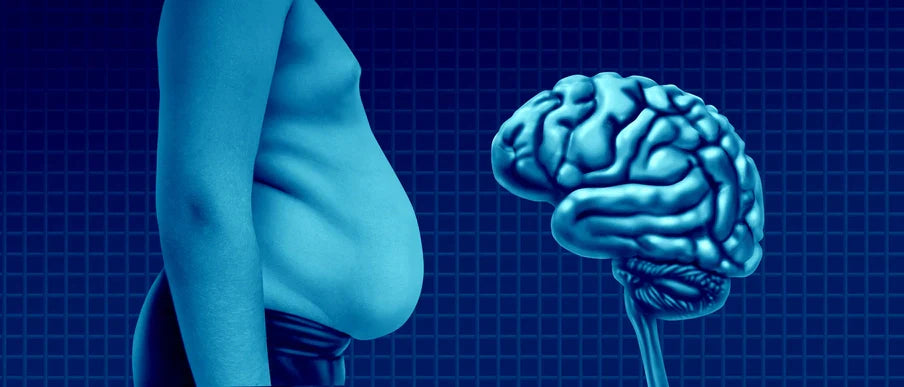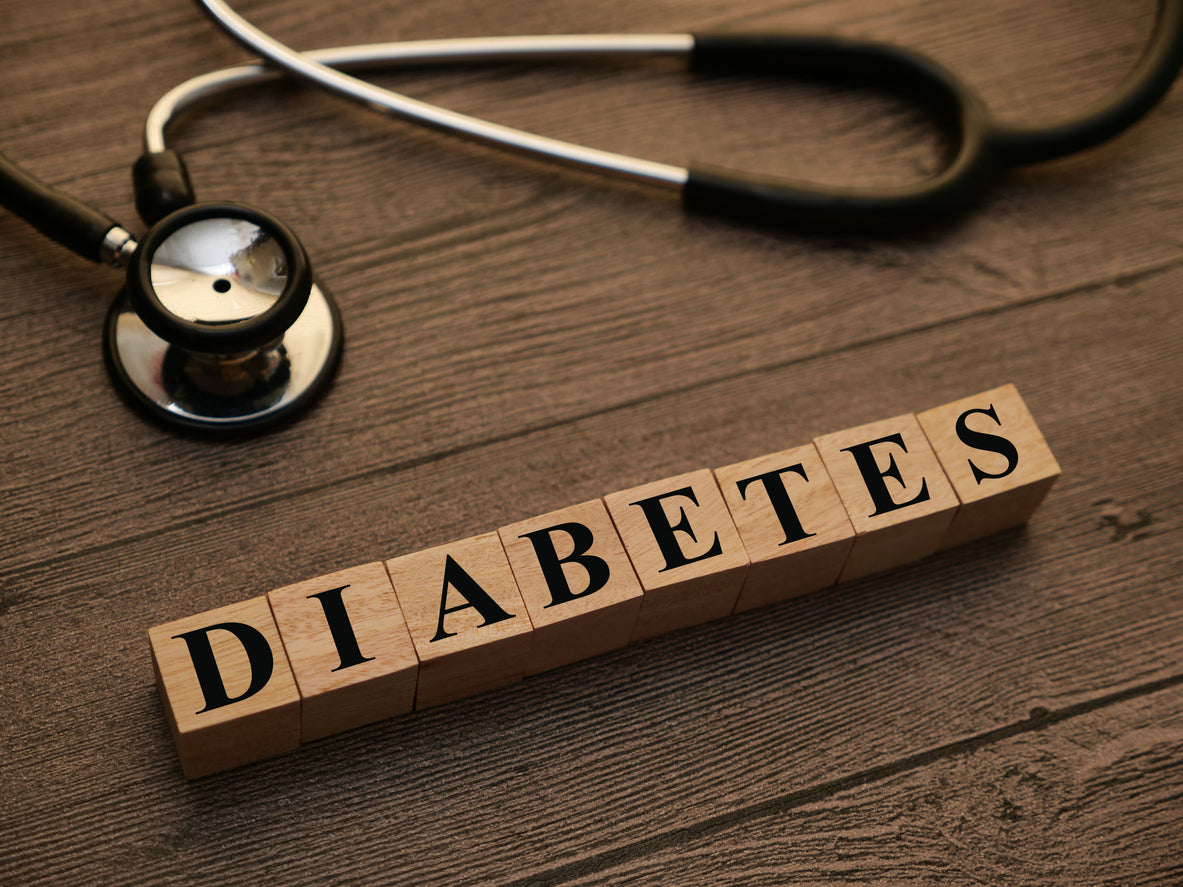Weight loss is not just a journey to change our appearance; it is a journey towards health, well-being, and improved quality of life.
We have explored the many factors contributing to overweight and obesity, and we have seen how even small changes in our lifestyle can have a significant impact on our health and well-being.
From understanding the underlying causes of overweight to learning about the importance of regulating our hunger and satiety hormones, we have charted a path towards a healthier future. We have seen how diet, exercise, sleep, and stress management play crucial roles in the weight loss process and how these factors can improve our metabolic health, reduce the risk of diseases, and enhance our psychological well-being.
The World Health Organization (WHO) shows that over 1.9 billion people globally and the figures from the National Health Profile 2021 show that 52.6% of the adult population in Denmark are overweight (BMI >25) and 99% of overweight is due to inappropriate lifestyle, only 1% is due to hormonal imbalance. This epidemic of overweight is mainly due to lifestyle factors, with only a minimal part related to hormonal imbalance.
What causes overweight?
Obesity and overweight are largely a result of our modern lifestyle. Society has become more sedentary, our screen time has increased, and we have access to cheaper and calorie-dense food. These factors, combined with larger portions and less natural movement, have created a situation where overweight has become the norm rather than the exception. While there are isolated cases where hormonal disorders may contribute to overweight, these represent a small proportion of the total number of cases. The primary causes are related to lifestyle and include factors such as physical inactivity and unhealthy eating habits.
To understand overweight, it is important to look at what happens in the body. Overweight occurs when there is an imbalance between calorie intake and calorie expenditure. This can be due to genetics, environmental factors, and our own behavioral patterns. A key component is our hunger and satiety hormones, including leptin and ghrelin. These hormones play a crucial role in regulating our appetite and the feeling of fullness. Leptin is secreted from fat tissue and tells the body when it is full, while ghrelin rises before meals and decreases after meals, signaling hunger. Unfortunately, factors such as stress and lack of sleep can disrupt this regulation, leading to overeating and weight gain.
How to achieve effective weight loss?
Clearing the way for weight loss and maintaining results requires more than just counting calories. It's about embracing a holistic approach where diet, lifestyle, and stress and sleep management play a central role.
Enjoy a balanced diet: Let your plate be filled with a colourful mix of nutritious foods. Ensure adequate amounts of proteins, carbohydrates, and healthy fats in your meals. Opt for whole foods such as vegetables, whole grains, lean protein, and healthy fat sources to provide your body with the necessary nutrients.
Exercise regularly: Make exercise an integral part of your daily routine. Whether it's a walk in the woods, a run, or a strength training session, make it a habit to move. A combination of cardiovascular exercise and strength training will not only burn calories but also help build muscle mass and strengthen your body.
Prioritize sleep and stress management: Studies show that sleep and stress levels have a direct impact on our appetite and hormone balance. Ensure you get enough sleep every night and find healthy ways to manage stress. This can include meditation, yoga, or simply taking time to relax and enjoy life.
Eat mindfully: Be present in the moment when you eat and listen to your body's signals of hunger and fullness. Avoid eating too quickly or in stressful situations, as this can lead to overeating or poor food choices. By being mindful of your eating patterns, you can better control your appetite and achieve your weight loss goals.
Find support and motivation: Weight loss can be a challenging journey, and it's important to have support and motivation along the way. Seek support from friends, family, or even a professional if needed. Set realistic goals for yourself and celebrate your progress along the way to stay motivated and focused on your goals.
By implementing these strategies into your daily routine, you can create a solid foundation for lasting weight loss and a healthier lifestyle.

What are the benefits of weight loss?
Weight loss can have a range of positive effects on our health and well-being, extending beyond just changes in weight numbers. By reducing excess body fat and achieving a healthier body composition, we can achieve several benefits:
- Improved metabolic health: Weight loss can help improve our metabolism and increase our sensitivity to insulin, reducing the risk of insulin resistance and type 2 diabetes. This can also lead to a reduction in levels of triglycerides and LDL cholesterol in the blood, further reducing the risk of cardiovascular disease.
- Reduced risk of diseases: A moderate reduction in weight can have a significant impact on our health. Even a reduction of 5-10% of body weight can lower blood pressure, improve heart function, and reduce the risk of stroke, heart disease, and type 2 diabetes. Additionally, there is a strong link between overweight and certain types of cancer, such as breast, colon, and prostate cancer. By losing weight, one can also reduce the risk of these diseases.
- Improved psychological well-being: Weight loss can have a positive impact on our mental health and well-being. Many people experience improved confidence and self-esteem when they reach their weight loss goals. This sense of achievement can strengthen our mental health and give us the motivation to continue healthy habits. Moreover, weight loss can reduce the incidence of depression and anxiety and improve our overall quality of life.
- Increased energy and mobility: With reduced body fat and improved fitness, many will experience increased energy and better mobility in everyday life. This can make it easier to perform daily tasks and participate in physical activity, further promoting weight loss and health.
- Better sleep quality: Overweight and obesity can be associated with sleep disorders such as sleep apnea and insomnia. By losing weight and improving our health, we can also improve our sleep quality, which has a positive impact on our mental and physical health.
Overall, weight loss can be a transformative journey that improves not only our physical health but also our mental and emotional well-being. By taking the step towards a healthier lifestyle, we can open the door to a life filled with greater vitality, joy, and well-being.
Weight loss is more than just a number on a scale; it is an opportunity to change our lives for the better. It's about taking control of our health and well-being and creating a future filled with energy, vitality, and joy.
So, let's take the first step on this journey together. Let's prioritize our health and well-being, and let's work towards a healthier and more fulfilling lifestyle. With dedication, support, and a willingness to change, we can achieve our weight loss goals and create a life filled with health, happiness, and well-being.
Take care of your body, for it is the only place you must live!
Sources:
Effects of Weight Loss on Health Outcomes (2020): A Systematic Review Journal of Obesity

























































